Two secondary school students came to GHTM’s «BIOTROP – Biotropical Resources Biobank» for the internship «Biobanks: discover their importance in scientific research!», a joint project between GHTM and «Ciência Viva – National Agency for Scientific and Technological Culture».
On the third week of July, Carolina and Inês, two teenage girls from school years 10 and 12, respectively, came to participate in an internship and after a visit to the IHMT museum accompanied by Dr.ª Paula Sousa, they had the opportunity to work for 5 days on some of GHTM’s BIOTROP biological collections, in what could be called «GHTM for Teens – Biobanks».
On their activities, they went thru the various steps from the specimens’ gathering until incorporating the samples into the biobank, activities commonly done by experienced scientists.
Their working plan was divided in three areas:
- Biobanks and its labs in general, with the internship leader and technical coordinator of the GHTM’s Biobank, Ana Tavares, PhD;
- Insects, with Filipe Lopes, PhD;
- Malaria parasites, with Márcia Medeiros, PhD.
Breaking down those areas provides a detailed view of Carolina and Inês’ week activities:
- Theoretical introduction to biobanks, best practices, concept of Standardised Operating Procedures (SOP), examples of national biobanks and the specific case of the Biotropical Resources;
- General rules for laboratory use: safety, cleanliness and the sterile concept, preparing material for sterilisation, the proper place for wearing lab gowns, etc.;
- To experience several procedures necessary for the preparation and organisation of biological samples’ collections;
- Training micropipettes’ correct handling and usage;
- Quantification and quality assessment of DNA from a freshwater snails’ collection through NanoDrop spectrophotometry and electrophoresis in agarose gel;
- Watching a Master’s Thesis Defence, chosen as a good example of research developed in this field;
- Visit to GHTM’s Insectarium
- Installation of «Biogents» insects’ traps, models «BG-Sentinel» and «Centers for Disease Control and Prevention» (BG, CDC-style), to collect and sample mosquitoes;
- Identification of mosquitoes using a dichotomous key;
- Organisation of a collection within the Culicinae* biobank [*the biggest subfamily of mosquitoes];
- Theoretical introduction to malaria, its life cycle and impact on peoples’ lives;
- From fieldwork biological samples’ gathering to its conservation and use for research purposes;
- Visit to the Malaria Unit, which included going to the microorganisms’ culture room, viewing the samples’ storage vat with nitrogen, and practising optical microscopy and molecular biology methods used to study malaria;
- Visualisation of smears on glass slides, prepared under an optical microscope, with 4 species of Plasmodium parasites that cause disease in humans, and recording their main morphological differences.
To finalise the internship the two teenage researchers presented and discussed their activities’ results with the internship leader and other GHTM’s scientists.
The two students, at the end of the placement week, had the awareness that:
- Biological samples banks (biobanks) are fundamental infrastructures to support scientific research;
- The creation of a biobank involves the implementation of methodologies and best operating and management practices;
- To organise and systematise collections and associated data is a fundamental step of such process.
Hopefully, this week has prompted the two young girls to pursue a scientific career, the «GHTM for Teens – Biobanks» project’s ultimate goal.
Testing the freshwater snails Physa spp DNA samples
Pipetting the DNA sample onto the NanoDrop spectrophotomer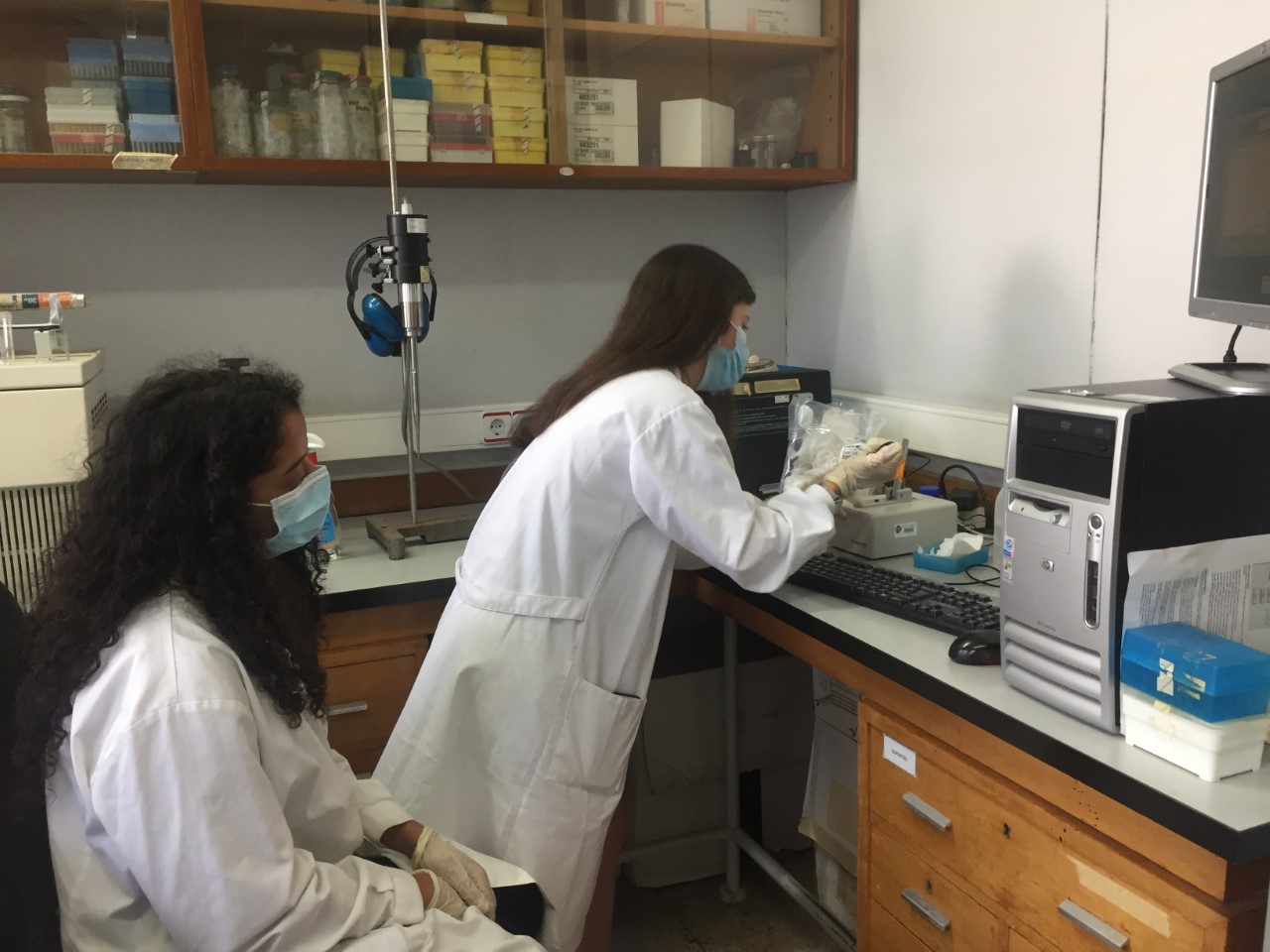
Spectral image of the DNA sample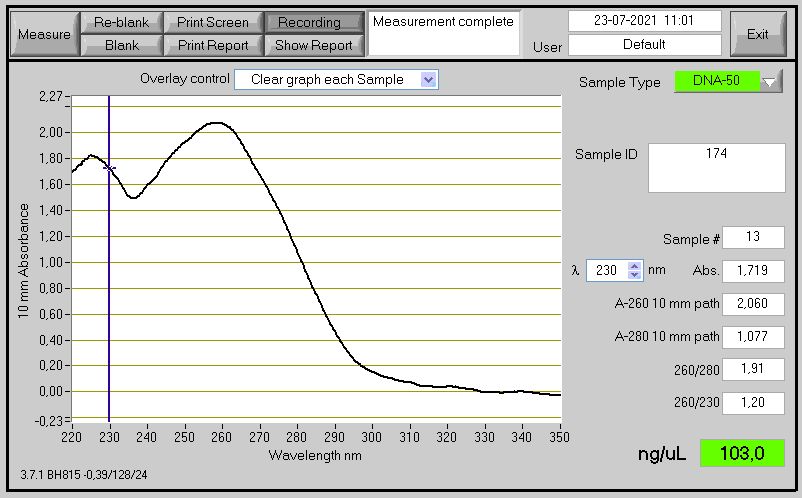
Preparing the agarose gel electrophoresis.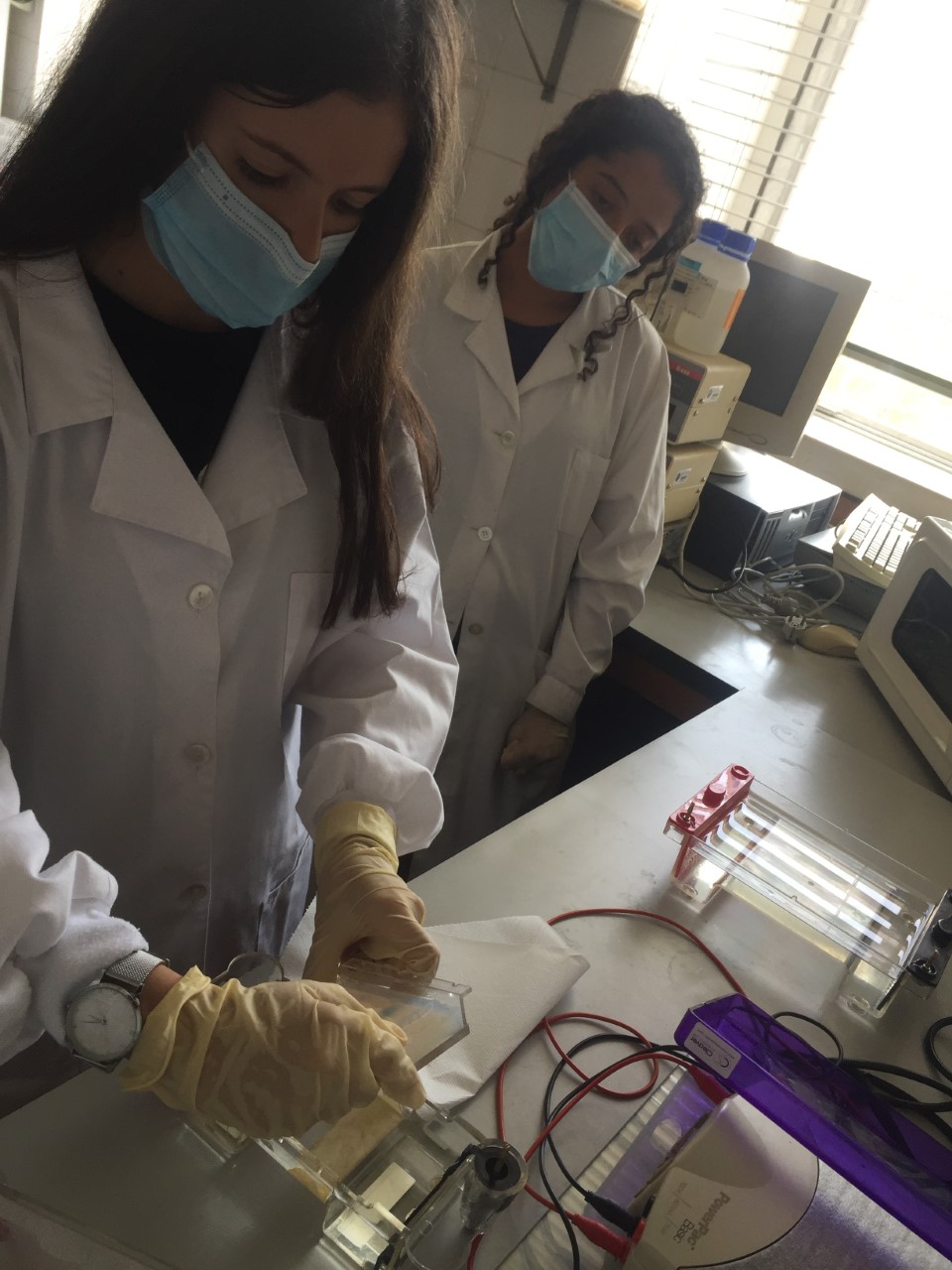
Visualisation of the separated DNA samples 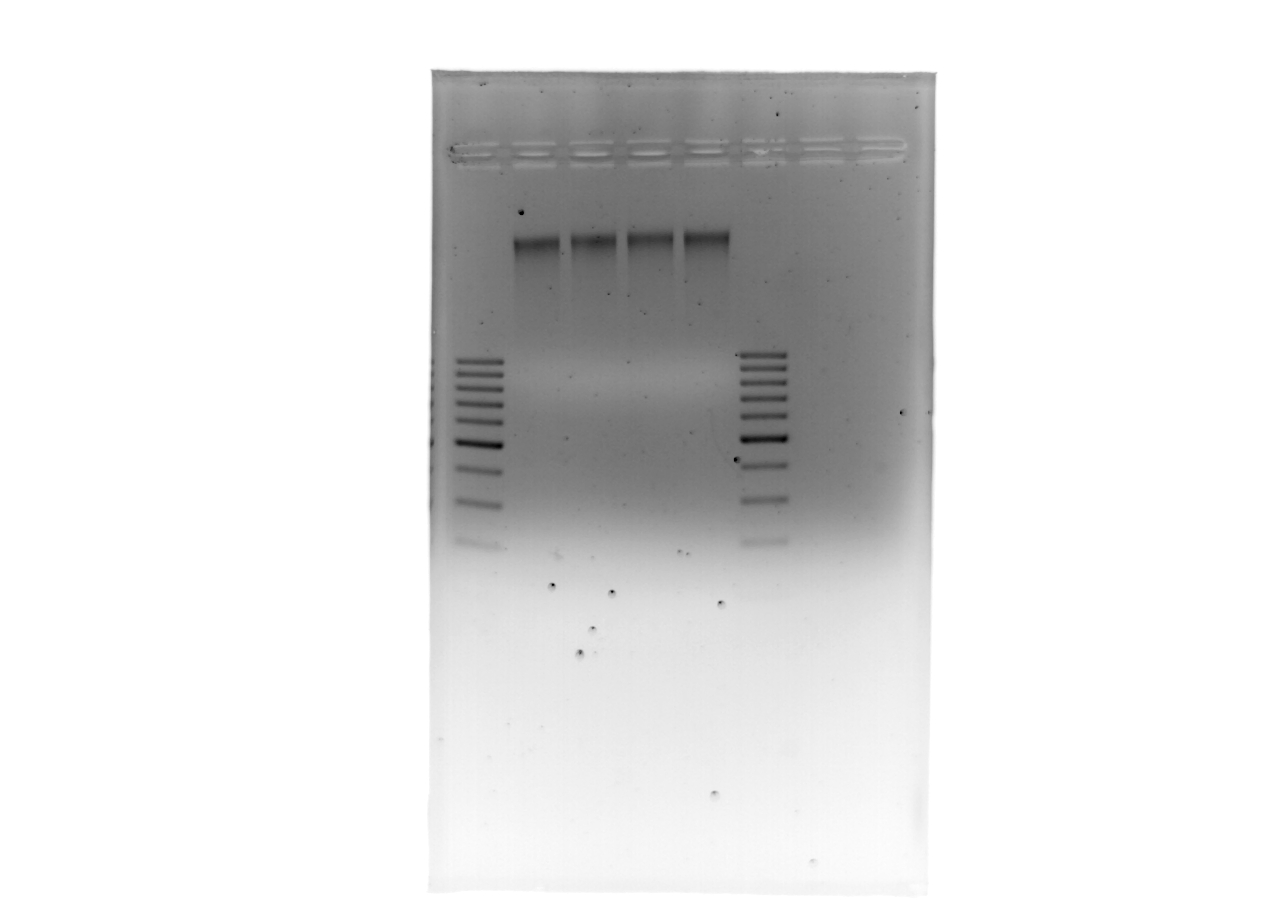
«Ciência Viva no Laboratório – Ocupação Científica de Jovens nas Férias»
«Ciência Viva in the Laboratory – Scientific Occupation of Young People on School Holidays»
«Ciência Viva no Laboratório – Criar Futuro 2021» / «Ciência Viva in the Laboratory – Creating Future 2021»
is a summer internship program for students from year 9 (Portuguese Basic Education’s last year) to year 12 (Portuguese Secondary Education’s last year). It runs from July to September, and aims to promote the teaching of experimental science and to encourage the attraction of young people to scientific careers.
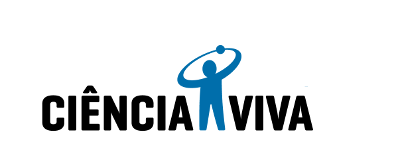 «Ciência Viva» is the branded name of the Portuguese National Agency for Scientific and Technological Culture, meaning «Live Science».
«Ciência Viva» is the branded name of the Portuguese National Agency for Scientific and Technological Culture, meaning «Live Science».
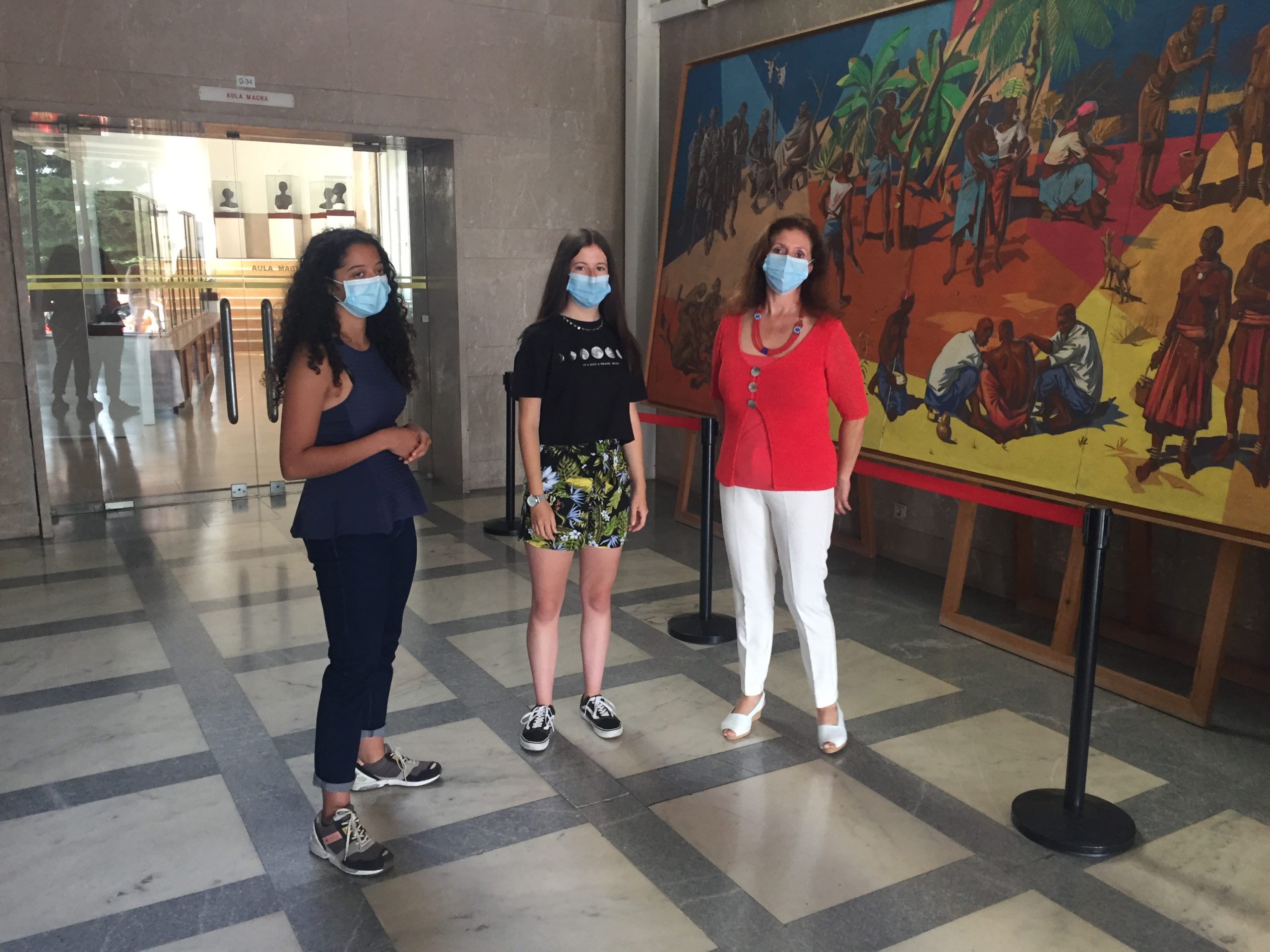
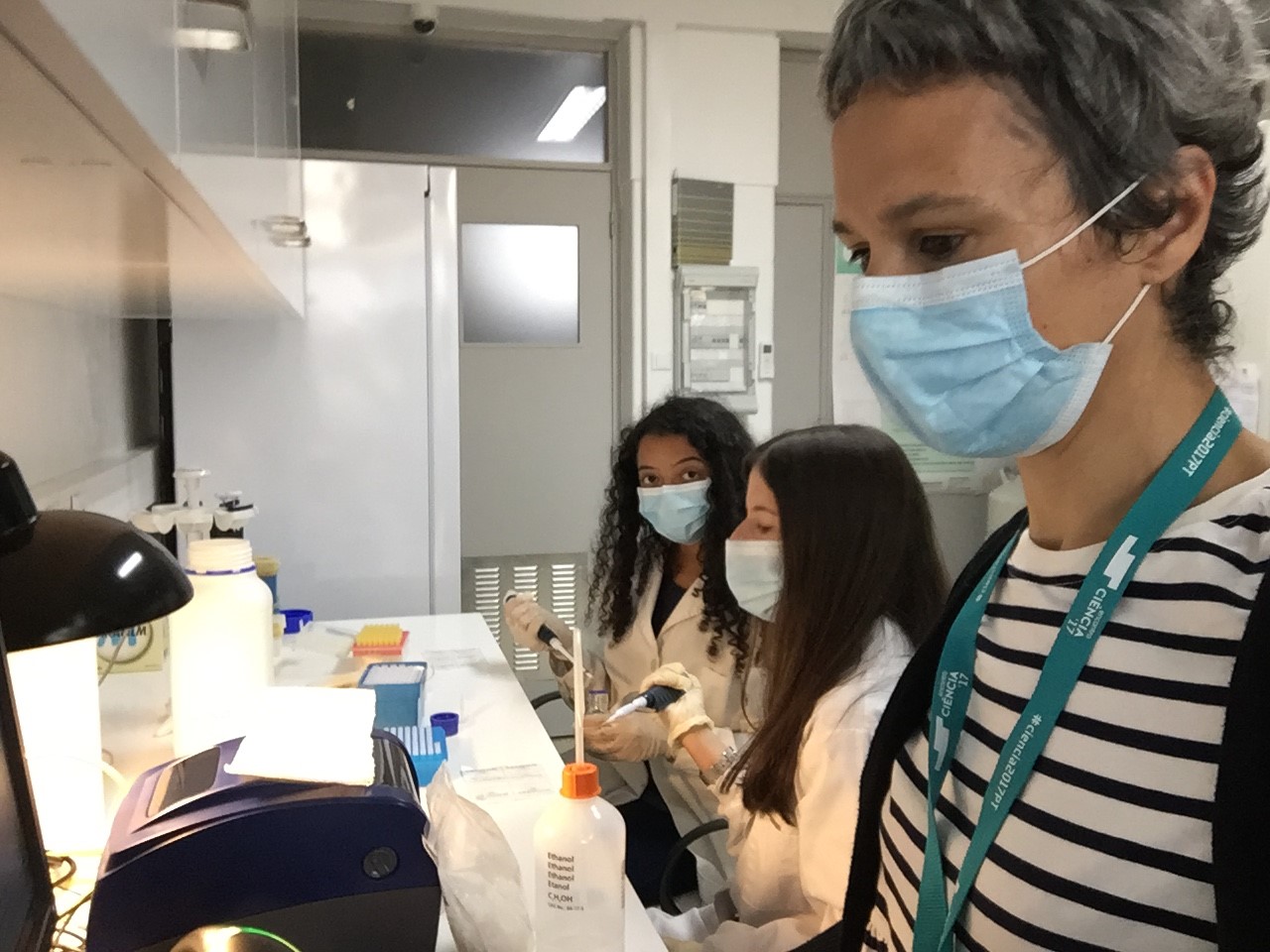
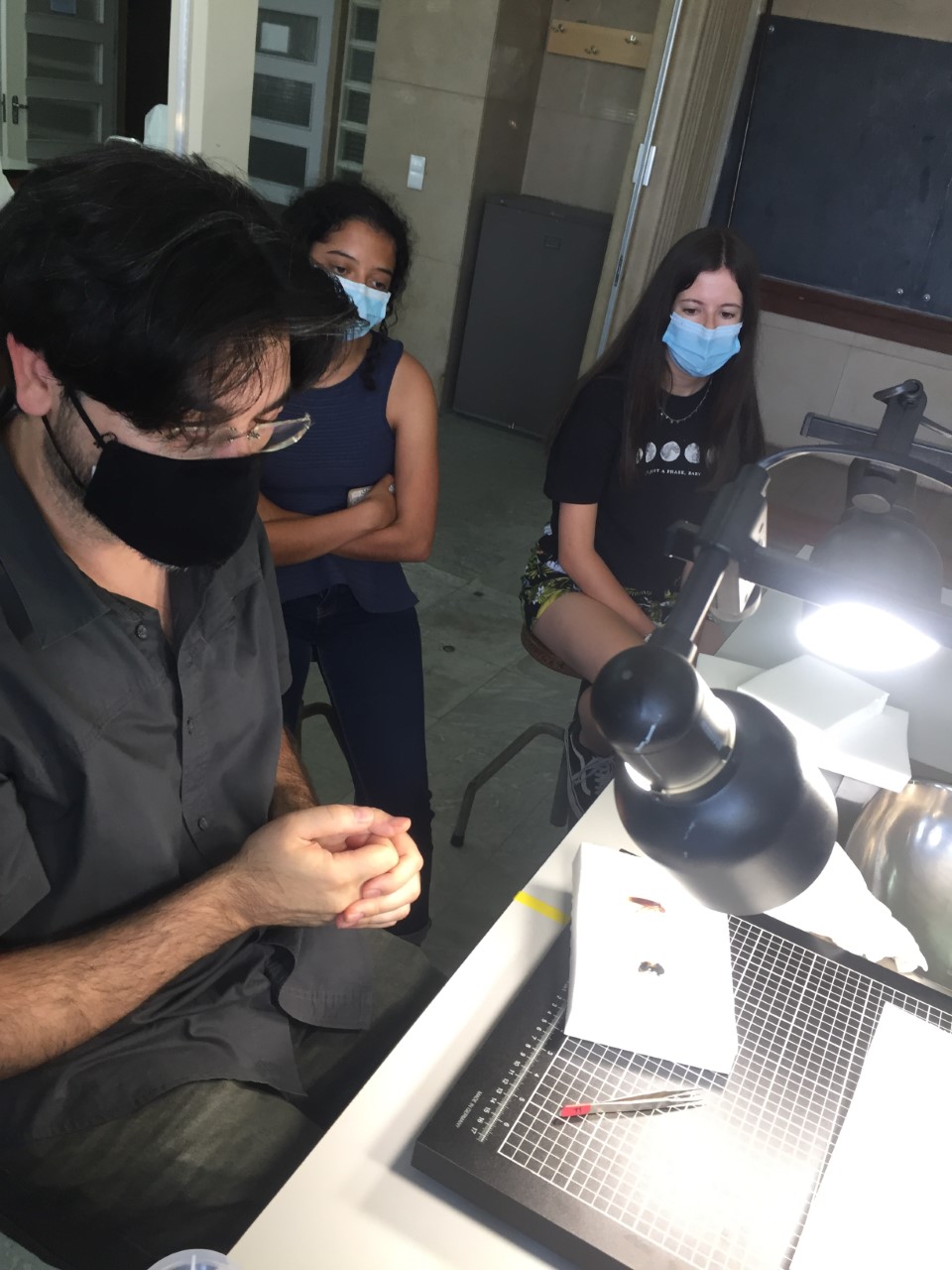
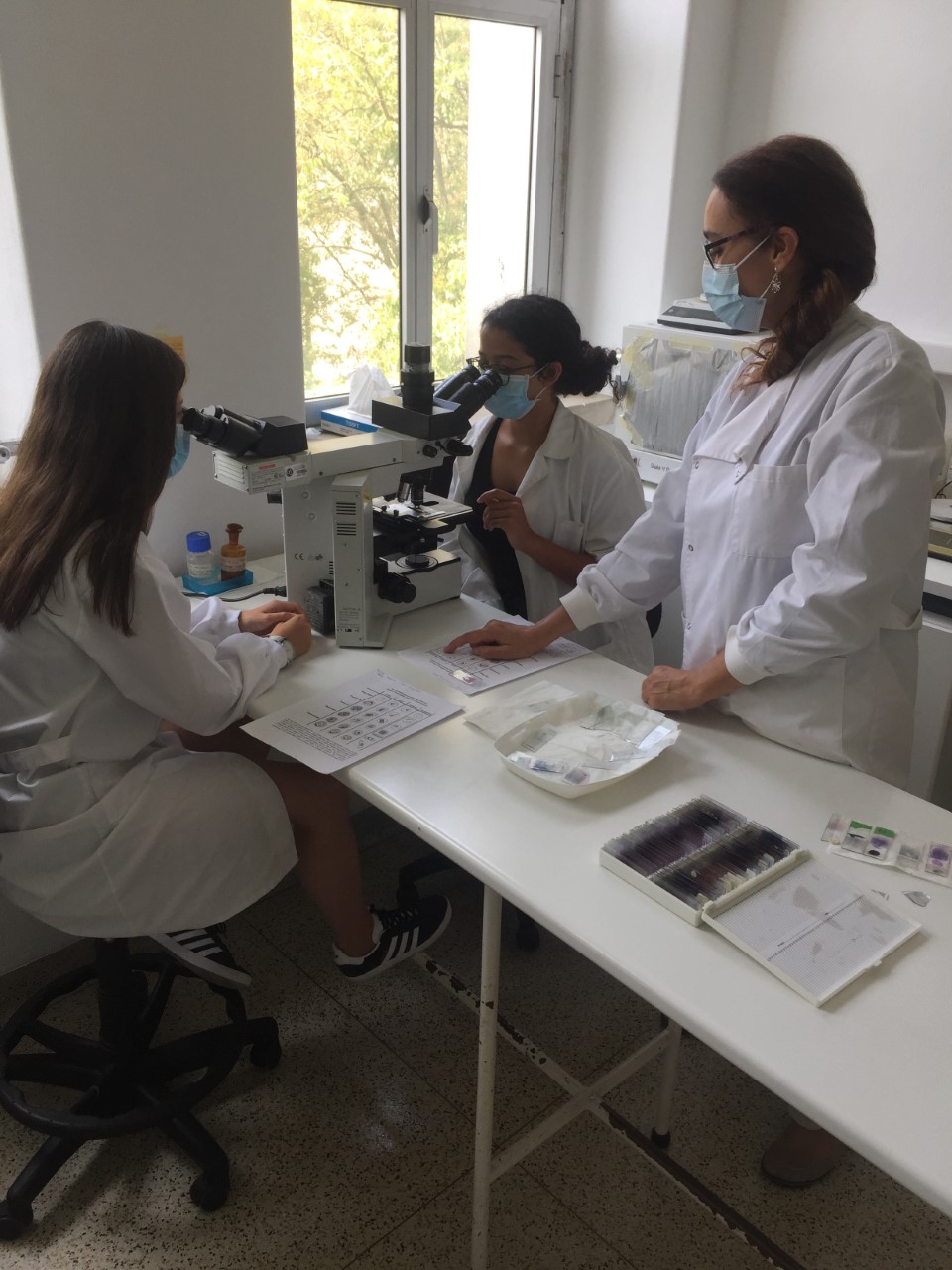
[…] From 19 to 23-07-2021 Biobanks: discover their importance in scientific research! Read the news article! […]